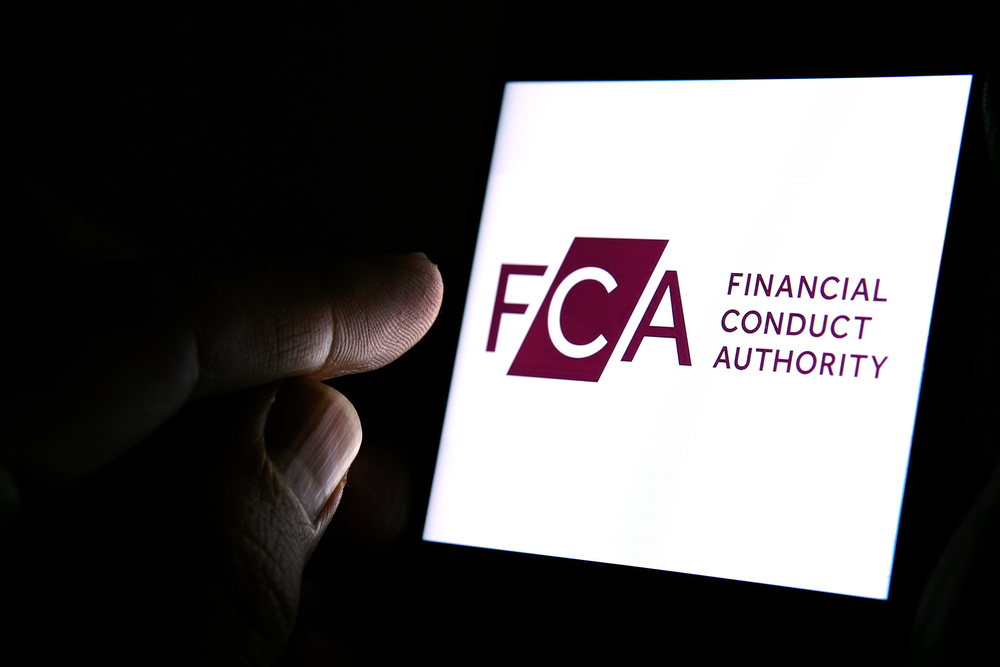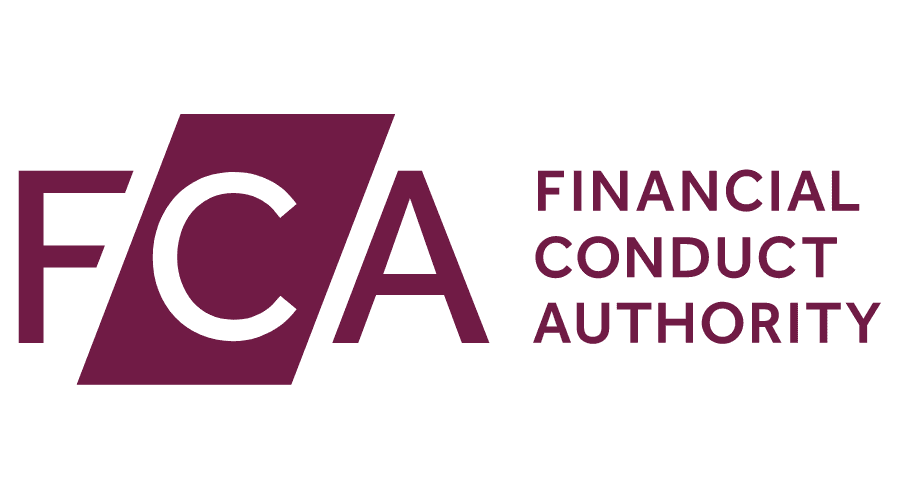Misleading construction of ESG benchmarks has the potential to create a “trust deficit” for investors of sustainable ETFs, the Financial Conducts Authority (FCA) has warned.
In a Dear CEO Letter published on 8 September, the FCA said it had concerns over the way benchmarks are being constructed and branded with particular issues around ESG benchmarks.
It said the subjective nature of ESG factors and how data and ratings are incorporated into benchmark methodologies mean they “may not align with the expectations of their users and/or end investors”.
“We have concerns that some benchmark administrators have not accurately described the economic reality that their benchmarks measure,” Edwin Schooling Latter, director of infrastructure and exchanges at the FCA, said.
“Poor design, description and naming of benchmarks, including ESG benchmarks, could create a trust deficit in the market for passively-managed sustainable investment products.”
The UK regulator added that where the methodology for the ESG benchmark uses a third-party ESG rating provider, “the underlying rating methodology is clearly presented and explained to users”.
Schooling Latter said the watchdog has seen instances of unregulated data providers and those based overseas being used, creating poor data quality and controls such as calculation errors and poor validation of data inputs.
As a result, the UK regulator said it would increase its scrutiny of benchmark administrators.
“Further to our initial diagnostic work on a sample of benchmark administrators which administer ESG benchmarks, we will be further scrutinising the construction and labelling of these benchmarks,” Schooling Latter said.
He added the poor operational resilience and oversight and governance of some benchmark administrators could be causing the issues.
Good quality disclosure for ESG benchmarks is vital for both intermediaries and investors so they can accurately assess the market and the sustainability claims of the benchmark.
Regulatory oversight of benchmark administrators stepped up in 2018 with the introduction of the European Union’s Benchmark Regulation.
The scrutiny comes at a time when asset managers are increasingly labelling their products either Article 8 or 9 under the Sustainability Finance Disclosure Regulation (SFDR).
In Q2, 700 products switched their SFDR status with the majority upgrading from Article 6 to Article 8, according to Morningstar.
Related articles



